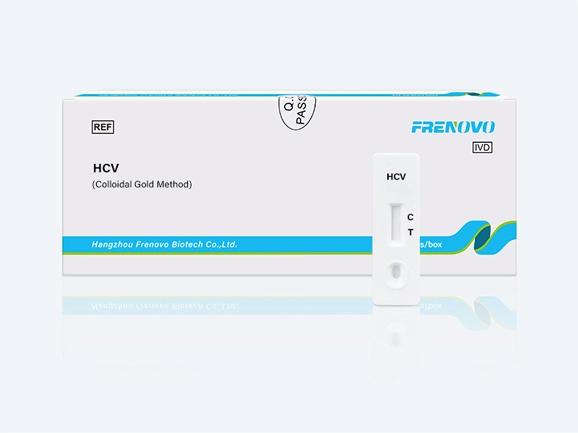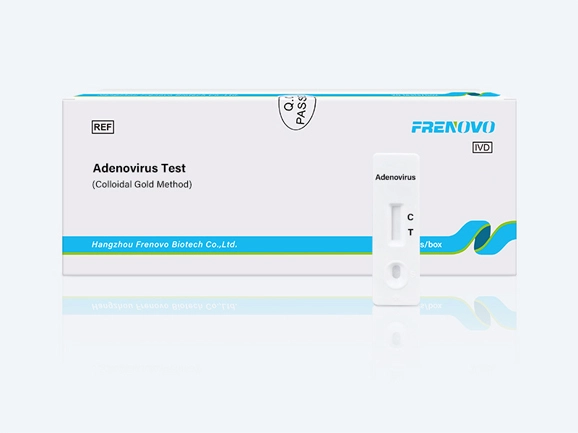The supplier of the main raw materials should be indicated in the Appendix to the product technical requirements for in vitro diagnostic reagents, and if purchase from outside, the supplier should be clearly stated. The supplier here refers to the manufacturer of the raw materials, not the distributor or agent. Similarly, the change of the supplier of the main raw materials in the registration change case refers to the situation where the manufacturer of the raw materials has changed.
In the clinical trials of products for ivd reagents, qualified case samples should be used for the trials, and the preservation conditions of the samples should also be taken into consideration in the specific sample selection.
In principle, the use of clinical trial samples should be consistent with the state of the samples during clinical use. For example, if the clinical use state involves testing after fresh collection, fresh samples should be considered for clinical trials.
If there may be sample preservation during the clinical use process (such as freezing under certain conditions), and the sample preservation conditions and validity period are clearly stated in the instructions, samples under some corresponding preservation conditions can also be included in clinical trials.
Whether fresh collection samples or frozen samples are used, it should be ensured that the preservation conditions and validity period of the samples meet the requirements for product sample preservation.
The shelf life of the products of diagnostic reagents should be determined based on real-time stability research data. Real-time stability research experiments should be completed before the registration application, and the effective period of the products should be determined based on the results of the experiment. Real-time stability research should include test data from at least three batches of samples stored under actual storage conditions until the expiration date of the finished product.
At the same time, the adverse conditions of the products during storage, transportation, and use should be fully considered in the stability research. If the real-time stability research continues during the registration application, the validity period can be determined based on completed experiments at the time of registration application, and the validity period can be extended through change application after completing the corresponding stability research.
Vitro diagnostic reagents must comply with the ethical guidelines of the Helsinki Declaration for clinical trials and must obtain the consent of the clinical trial institution's ethics committee.
In this section of the application materials, the review opinions of the Ethics Committee and samples of the informed consent of the participants should be submitted. The written opinion of the Ethics Committee agreeing to conduct clinical trials should be submitted in original copy and stamped by the Ethics Committee. It should also indicate the version number and version date of the scheme and pay attention to the consistency of product information and clinical trial information with the actual clinical situation.
If modifications are made to the scheme during the trial, the opinions of the Ethics Committee on the scheme modification should be obtained and submitted. Clinical trial institutions should submit the review opinions of the Ethics Committee. If there is no Ethics Committee in special medical institutions (such as Disease Control Centers, etc.), the institutions should provide relevant explanations on the situation and opinions on ethics.
If the clinical trial is exempt from informed consent after review and approval by the Ethics Committee, the exemption from informed consent should be clearly indicated in the written opinion of the Ethics Committee. The actual trial should avoid being exempt from informed consent while the informed consent is still mentioned in the written opinion of the Ethics Committee.





